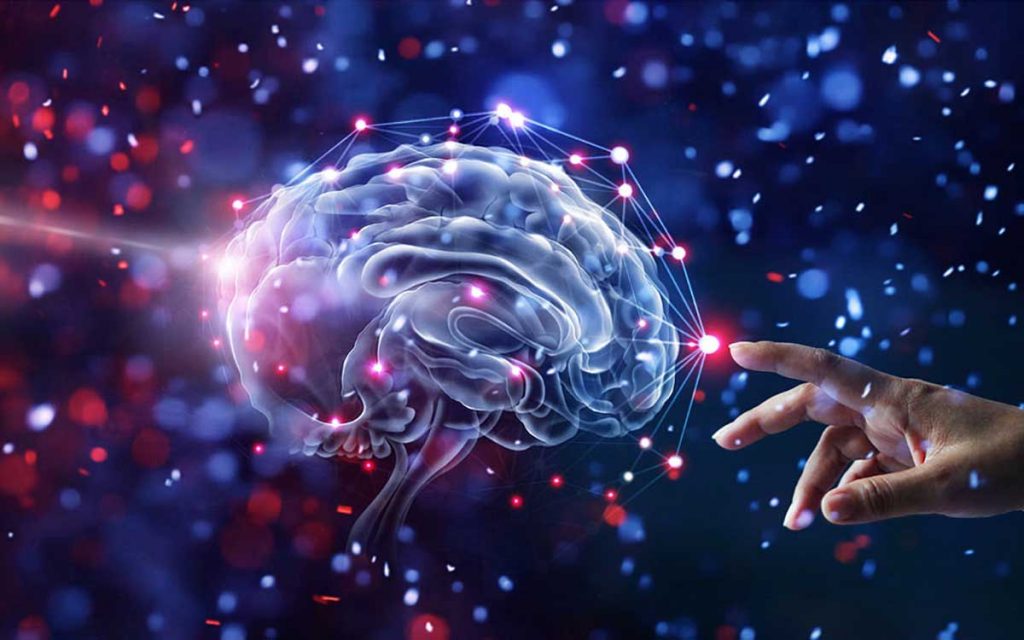Several parts of the body have to work together effectively in order for us to understand sounds. We typically think of hearing loss as being caused by problems with our ears, but researchers are studying whether cognitive issues could be the culprit. A researcher at Tulane University, Dr. Hai Huang, is studying the brain’s role in hearing among mice. He’s using a new method that could provide new insights into hearing loss and the brain.
Research on auditory signals and the brain
The National Institute on Deafness and Other Hearing Disorders has awarded a $1.8 million grant to Dr. Huang to study the synapses in mice brains which receive auditory signals. This research is important because prior studies have focused only on how the brain processes sounds after it receives auditory signals. Synapses that receive sound were previously considered too small for researchers to study.
Dr. Huang is studying a specific synapse called the calyx of Held. This synapse is larger than other synapses which send out neurotransmitters to help the brain interpret sounds. He will determine how auditory signals are stored and released, and how signals are recycled to make room for new ones. If he finds a difference at this critical nerve transmission center in mice, it may help determine what leads to hearing loss among humans.
Human hearing
The brain is an important part of the auditory system. The different parts of your ear pick up sound signals and send them to the brain to interpret. The brain receives these nerve signals and translates them into individual sounds.
- The outer ear provides a pathway for sounds and protects the inner ear structures. The ear canal starts in the outer ear. This is where your body produces earwax to keep out dust, bugs, and other debris.
- The middle ear contains sensitive bones called the hammer and stirrup that “feel” sound vibrations. The middle ear also controls equalizing pressure between your ear and the environment.
- The inner ear is where the intricate processes of hearing begin. The all-important cochlea is in the inner ear. The cochlea is shaped like a snail and contains three compartments filled with fluid. It’s surrounded by tiny hairs, called cilia, which serve as nerve cells. When the fluid in the inner ear is stimulated by sound, these tiny hairs release chemical responses that travel to the brain by way of auditory nerves.
- The brain accepts signals from auditory nerves and completes a complex process to understand and interpret them in a way we can understand. It probably never occurred to you to ask how you remember the voices of loved ones, or someone you met only once. Your brain stores sounds and recognizes them when they return. The brain accomplishes all of these tasks by utilizing a series of nerves. The nerves talk to each other via the synapses between them. Some synapses release sound signals through neurotransmitters, while other synapses detect these signals.
Why study hearing loss in mice?
It may seem strange to study the auditory systems of mice in an effort to understand human hearing problems. Interestingly, the physiology of mice and the manner in which they hear are remarkably similar to humans. Using a simple test, it’s quite easy to determine whether mice are experiencing hearing loss. This makes it easy to compare them to mice with healthy hearing.
Hearing is a very complex process and we can’t discount the role of the brain. Changes that occur in the auditory system affect whether sounds are loud enough to hear. These changes can also cause distortion, which often leads to misunderstanding speech and misinterpreting other sounds. Identifying cognitive problems can help improve the quality of life for individuals experiencing hearing loss.
